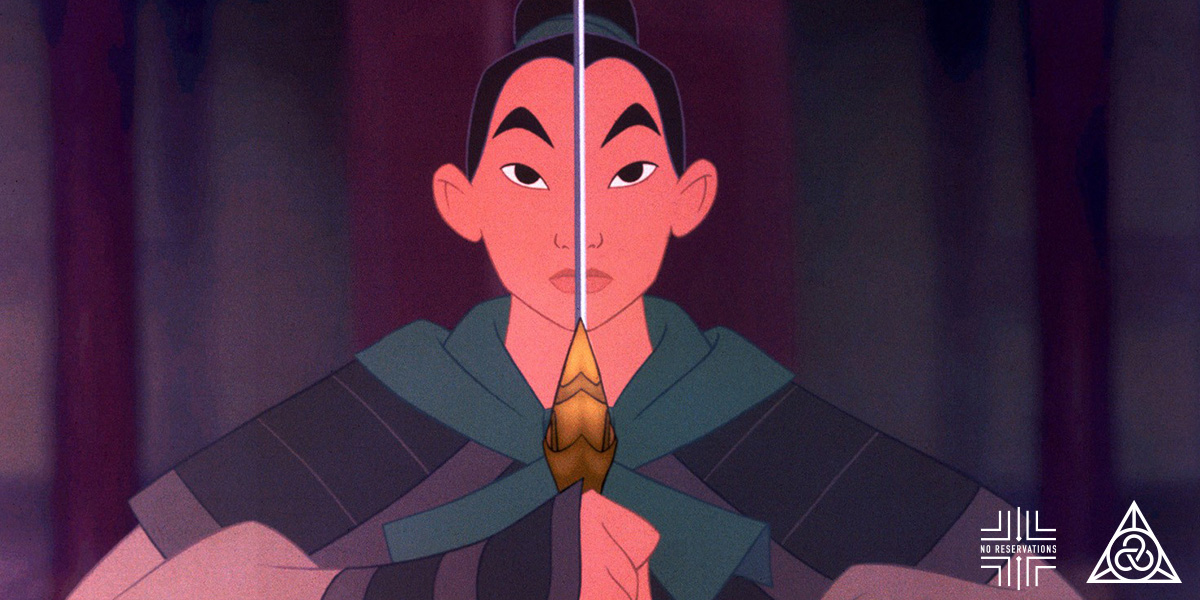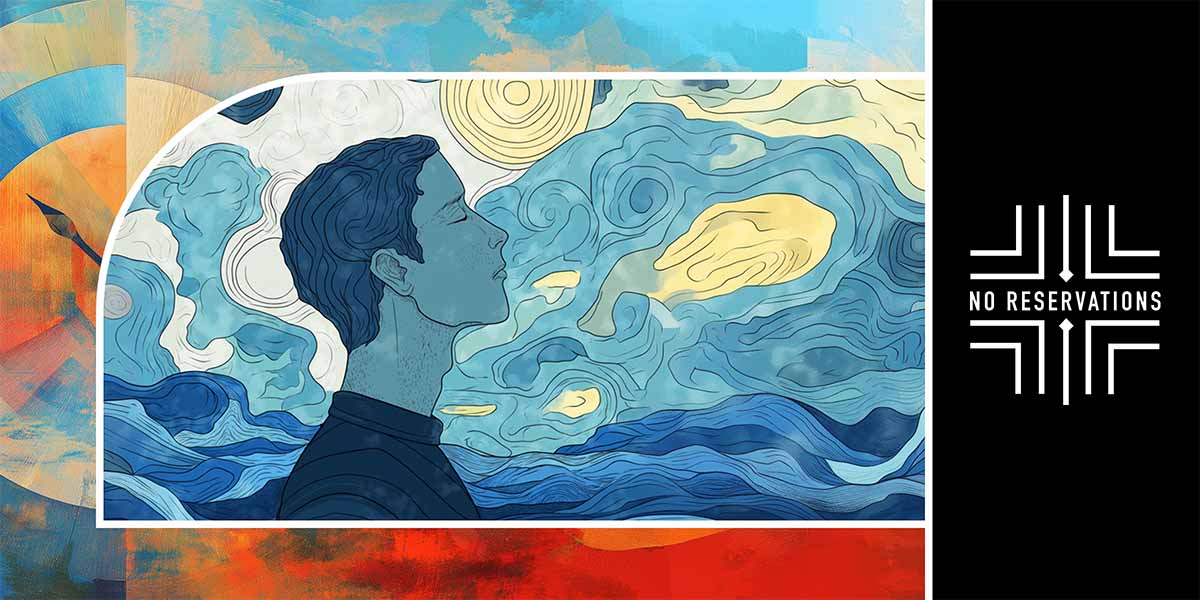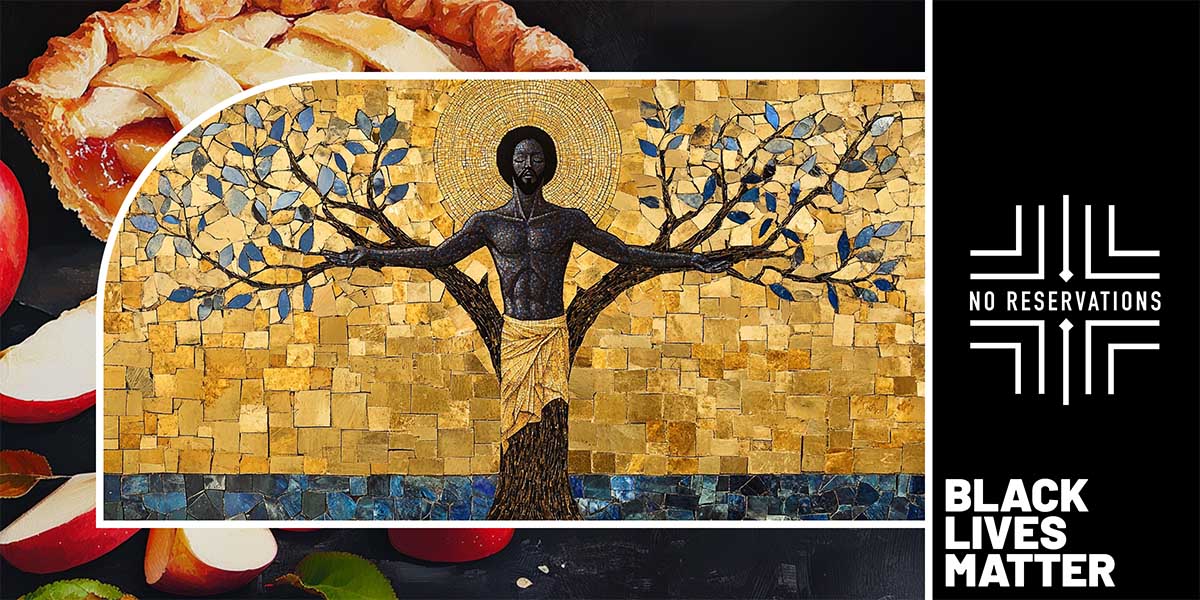Disney’s ability to speak from the perspective of the child also challenges the hearts and minds of the adults…
“I’ve heard a great deal about you, Fa Mulan. You stole your father’s armor, ran away from home, impersonated a soldier, deceived your commanding officer, dishonored the Chinese Army, destroyed my palace, and… you have saved us all.”
The Emperor – Mulan
Looking at the world, from a child’s perspective, is what makes Disney movies and Japanese Animation resonate with both adults and children. When it comes to Disney, the child viewer is transported into a world that portrays children like them as the heroes of the story, a world that is simple, yet complicated by the actions and decisions of the adults around them.
In movies like the Little Mermaid or The Lion King, the protagonists of these stories are children who imagine a world that is more inclusive, more loving, and more “fun” than the one that is portrayed to them by their parents. In their journey of self-discovery, this naiveté about them is taken advantage of by the evil characters of the film and is compounded by the over protecting parental figures’ inability to speak to the child in a way that they understand, or in a way that the child’s own reality, inspires change in the mind of the adults.
The concept of parental blindness is portrayed perfectly in the films Mulan and Pocahontas. Movies that feature the story of two teenage girls who do not see the world as binary, but see the possibilities of embracing and learning from those who are called “enemies” when it comes to Pocahontas, and the futility of gender binaries when it comes to Mulan, as she, pretending to be a boy, becomes the hero to China and the savior of her family’s patriarch.
Disney’s ability to speak from the perspective of the child also challenges the hearts and minds of the adults who are watching the films as well. For in the failures of the parents or the parental figures of the film, to adequately communicate with the child in a receptive manner to the child’s own creative imagination, and the calamity that comes from that failure in communication, the adult viewer is challenged to look at their own lives, and explore the times that they have felt bogged down, not listened to, or even shamed by the authority figures of their past. In remembering their own innocence towards the world, and the times that they were forced to grow up and told that the world of a child had no place in the realities of adulthood, they can empathize with the protagonist of the film. And while remembering those times and actions that jaded them to the world, they are shown by the film that in the end, the caretakers of the protagonist end up with the realization that their child truly did have a point, and that they should have been more receptive to their feelings and wisdom.
The adult viewers, who see the failures of the authority figures in movies like Mulan and Pocahontas, are then moved to embrace the naiveté, the innocence, of the protagonist in a way that makes it a positive trait, instead of a negative one. They are also challenged by the failures of communication between the adults and the children of the film, and how that failure can not only be deadly but can also open the door to consequences that could have been avoided by embracing the wisdom of a world that anything is possible, that is exhibited by the child protagonist.





